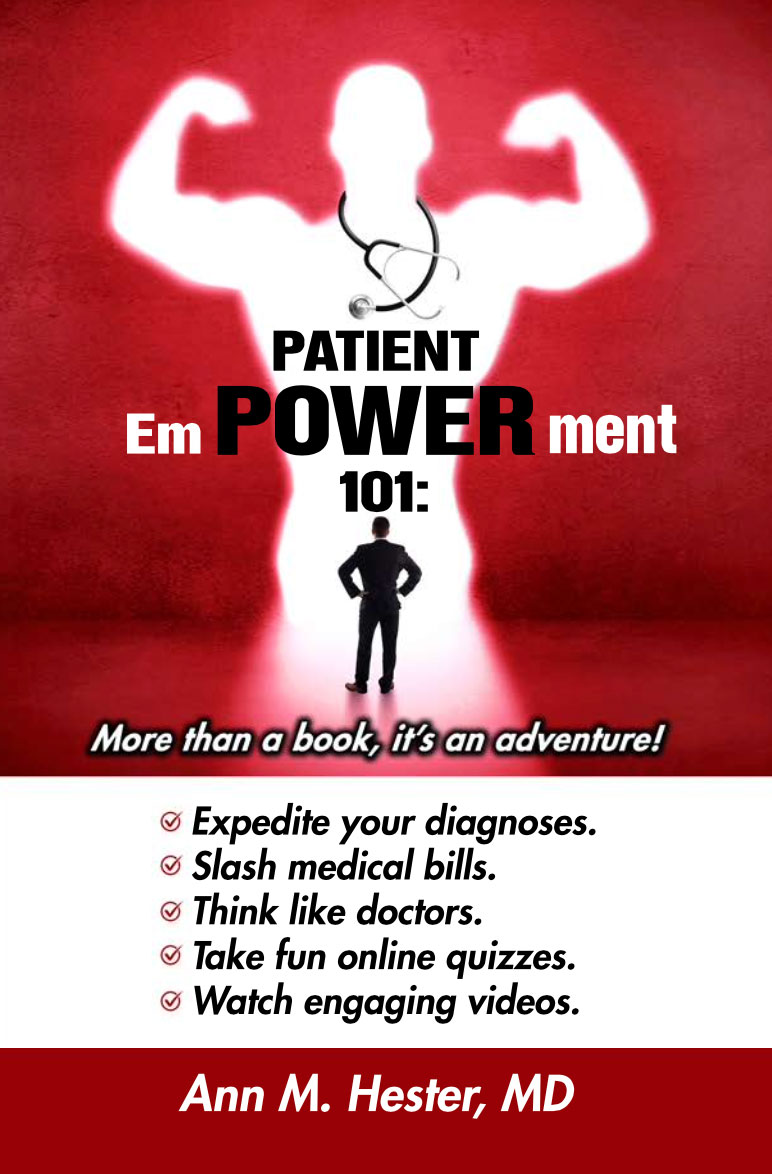At times, it seems as though the medical field has been set up to be difficult to navigate. Trying to understand medical jargon is only part of it. Setting up appointments, making sure one is listened to, and being able to advocate for oneself are all vital parts of navigating the medical system in the United States, but few people feel confident in doing so. They are faced with a morass, and it can be difficult to know where to start, let alone how to tackle it as a whole.
There are many books that claim to help with this. I can’t say whether Dr. Hester’s is the best of the lot, and I’m sure many are quite useful. What I can say is that Patient Empowerment 101 is an excellent place to start for those who feel completely overwhelmed. It is, as the title suggests, an introductory course that can get people started on the road to owning their healthcare.
Dr. Hester walks readers through the two basic uses most of us will make of the healthcare system: seeing a doctor and visiting a hospital. She not only breaks down what we can expect to happen in each but also provides a doctor’s perspective. Doctors have multiple patients and a busy workload; it’s helpful for everyone for the patients to be confident and capable. Perhaps the most useful thing she provides is example paperwork for people to fill out in their own time. Being organized, she says, is the best way to keep things under control, and I wholeheartedly agree.
This book is also a useful beginner’s tool because of its tone. Dr. Hester writes in a friendly, easily understood voice and makes sure to pepper in humor as she goes. It’s a difficult topic, which she freely acknowledges. Humor helps make it feel more accessible, and it may well help important parts stick in readers’ memories. It’s usually much easier to remember a joke than a lecture.
Many books are called important because they touch on widespread cultural conversations. How long those books will remain important before the conversation moves on it’s impossible to say. This book, however, will likely remain vital for a long time unless there is a sudden change in the American healthcare system. Even if there is, it’s still a good idea to take your health seriously. Above all else, I think that is what this book can help accomplish.

